Stories from IMGs

"My professional journey as an IMG in the UK from 2003 faced the challenges of adapting to the new system/culture, various immigration rule changes, lack of job security, house moves every 6-12 months, and staying away from family/friends to name a few. I feel a sense of pride and achievement having completed ICM/Anaesthesia training and fellowship exams, and it has been rewarding to take up leadership roles locally/nationally to be able to support and guide other IMGs to realise their dreams. I believe hard work, commitment, self-confidence and pro-activeness complemented by excellent support and guidance of family, friends and colleagues helped me achieve my goals and ambitions. It is vital we establish a system of local and national support and guidance to help IMGs achieve their full potential to benefit both them and the NHS."
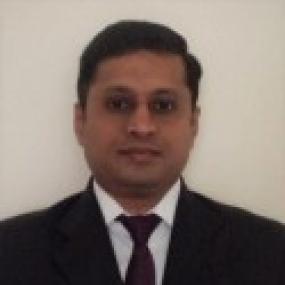
"Specialty Doctors are senior grade posts suited for experienced IMGs who have a long-term goal of settling in the UK or want to work in the NHS for a few years to gain work experience. They can either progress to consultant grade by completing the specialty-training programme or demonstrate that their training and experience in ICM is equivalent to the UK certificate of completion of training (CCT) programme by applying for Certificate of Eligibility for Specialist Registration (CESR). Good local support is key to achieving either of these objectives. Opportunities also exist to continue in permanent specialty doctor posts. You get good exposure of working in the UK and can be involved in leadership/management work as well. Specialty and Associate Specialist (SAS) doctors have a good support group nationally and you get good educational opportunities as well as support when you need it. I am currently working towards completing a CESR in ICM."
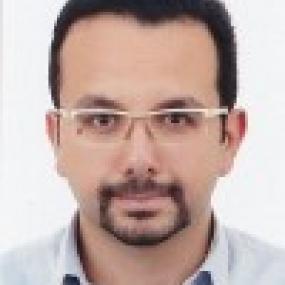
"Use the self-assessment matrix to identify areas needing extra attention. Most IMGs score highly on postgraduate degrees, but they underperform in areas such portfolio, audit, Quality Improvement (QI) projects and posters/research. Secure as much evidence as you can from your overseas practice, every little helps. Consult the college tutor/consultants for advice on your portfolio and practice different interview stations with them. Make sure your portfolio is arranged in the same order as the interview to save time if you are asked to show certain evidence at any time during your interview, and try to attend any practice courses/days that you can."
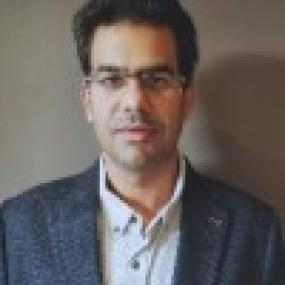
"I came to work in the NHS as an MTI fellow in Critical Care at the Royal Preston Hospital and I must say it was a very enriching as well as educational experience. I think this was the perfect pathway to enter the NHS and get used to how the system works. I got many opportunities to enhance my skillset as a clinician, as well as being introduced to the idea that along with being a good clinician, it was equally important to be able to develop administrative skills in order to be a well-rounded doctor. I can take this knowledge back to my home country to provide excellent patient care and improve/enhance the protocols/work culture there. The multicultural work force of the NHS gives you an opportunity to work with doctors and professionals from all over the world and provides great networking opportunities. Membership of the Royal College with access to E-Portfolio and sponsored GMC registration without the need for PLAB are other advantages of the MTI programme."
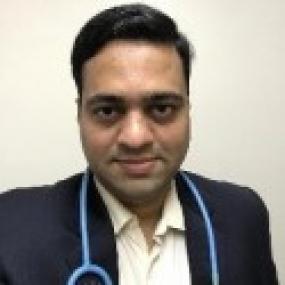
"I am an IMG with an Anaesthetic background and an interest in Intensive Care Medicine. I came to the UK 3 years ago. I was appointed to Health Education England’s (HEE) Thames Valley ICM Training Programme in 2020. I was able to complete the Primary FRCA (essential criteria for ICM ST3) very early after coming to the UK due to the excellent support and access to dedicated weekly teaching at Morriston Hospital, Swansea.
Second and most importantly the competencies. I managed to achieve the competencies because of supportive Consultants at LTHTR. I was working in ICU however; the department gave me some good theatre sessions, which really helped to get the competencies signed off. Finally, I would say it is combination of supportive consultants, hard work, and pro-activeness that helped me to get the training post."
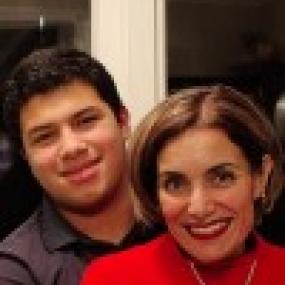
"My journey in the UK started in 2005, as a first time mother to a 7-week old baby, a wife to a budding anaesthetist (an IMG as well) and an aspiring IMG myself. The bumpy journey took us across different parts of the UK, jumping through endless immigration hoops, regulation changes, changes to training schemes and examinations – not to mention more house moves than I care to count. Living apart was a very high price that we had to endure for some time as well. Arranging childcare through all of that, was certainly a significant challenge. Career-wise, was not any less challenging, quite the opposite. I take particular pride, in having succeeded to become one of the few triple accredited consultants of my generation – in ICM, General Medicine and Nephrology (certainly even fewer if one considers the IMG status & parenting responsibilities!). I believe commitment, hard work, perseverance and above all – strong support from family and friends are the keys to success. Currently, there is more structured support available to IMGs at least in the beginning of their careers. Together with the college, we can aspire to make that support more defined, available, deliverable and even enforceable across the whole of the NHS, with Intensive Care Medicine at the forefront."
